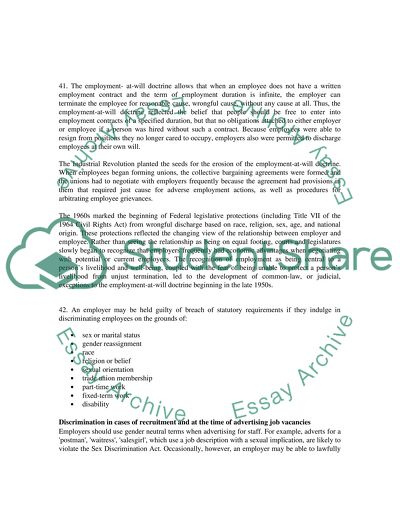Questions Assignment Example | Topics and Well Written Essays - 999 words. Retrieved from https://studentshare.org/human-resources/1549236-questions
Questions Assignment Example | Topics and Well Written Essays - 999 Words. https://studentshare.org/human-resources/1549236-questions.


